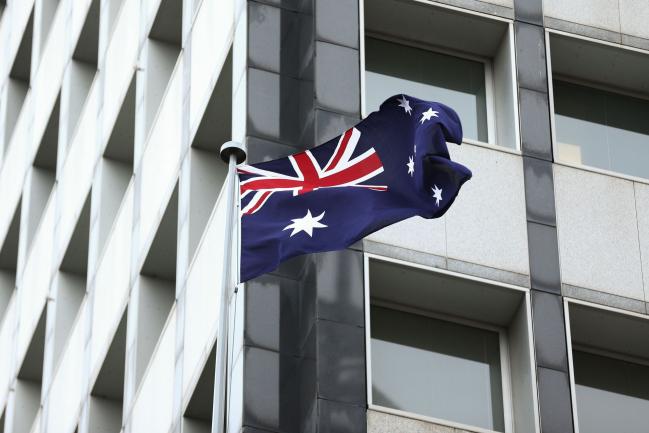(Bloomberg) -- The Reserve Bank of Australia could turn to unconventional monetary policy as soon as February following the decision by lenders to only pass on part of the latest interest-rate cut, according to Citigroup Inc (NYSE:C).
The central bank is likely to cut again in February, and with lenders’ ability to pass on such reductions now constrained “this date is the first opportunity for the RBA to announce a QE program,” Joshua Williamson, a senior economist at Citi in Sydney, said in a research note Tuesday.
The call comes after the central bank cut its key rate to 0.75% earlier this month, with economists and money markets expecting it to be reduced another quarter-percentage point to 0.5% in the next quarter.
Although RBA Governor Philip Lowe has been vocal in pushing back against any hard assumptions that unorthodox policy is inevitable, Williamson points out that the major banks’ failure to pass on much of the rate cut hampers the effectiveness of policy transmission.
As to the likely form QE could take, Williamson prefers a U.K.-style program where funding is provided to banks at an interest rate close to the cash rate and is then on-lent to households and firms at the cheaper rate. That would help facilitate transmission, he said.
He sees it as unlikely the central bank will buy residential mortgage-backed securities as issuance only sits at less than 2% of total bank mortgages, rendering purchases insufficient for influencing funding costs -- which quantitative easing seeks to achieve.
READ: Aussie QE Drumbeat Skews Toward Corporates, Mortgage Bonds
In a separate research report Tuesday, HSBC Holdings Plc (LON:HSBA) Australian chief economist Paul Bloxham said it is more likely the RBA would buy sovereign bonds than MBS or commercial paper.
“We see outright sovereign bond purchases as the most likely approach,” said Bloxham, who previously worked at the central bank.
